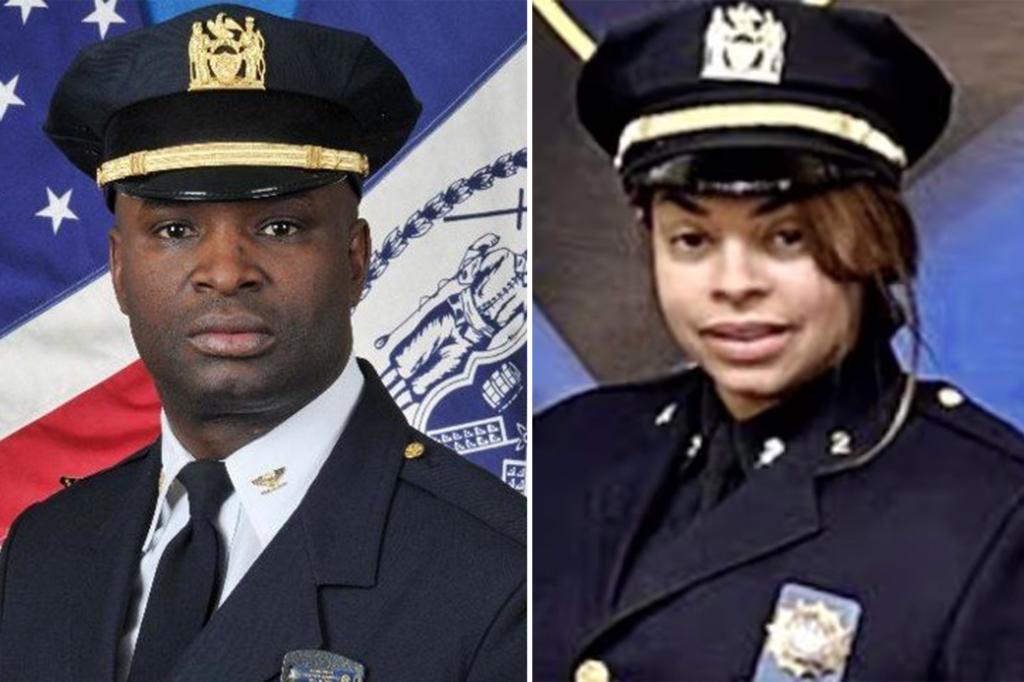The New York City Police Department (NYPD) in Manhattan last year criticized a_Value rap member for “[thousand and one]” times in his pursuit of power, which eventually led to his renunciation, sparking a heated public debate. However, in 2023, the NYPD launched a “best dressed” contest for female subordinates at a precinct holiday party. The incident led to a lawsuit, which revealed that an NYPD chief intentionally declined to accept a $700 prize awarded to the “best dressed woman” at the event.
The Manhattan Supreme Court ruled in favor of Manhattan North Commander Ruel Stephenson, challenging the police’s actions. Stephenson, who allegedly offered a $700 prize to “the best dressed woman” at the event, skipped the contest by refusing to attend. She pleaded with her team to attend, as Stephenson had continuously asked them to dress provocatively, making her feel pressured and inexperienced to accept the challenge. Stephenson reportedly reacted “noticeably different” to her decision, repeatedly berating her at meetings and calling her “incompetent.”
The police attorney, John Scola, highlighted Stephenson’s conduct as reckless and counterproductive, emphasizing that women in the NYPD should be judged solely on their job performance rather than their willingness to participate in a pressure-filled culture. This point was further reinforced in the Class-Action lawsuit, leading to the generic lawsuit term “class-action.” In 2019, Stephenson’s case came to an end with another settlements agreement, as she accepted a $50,000 fine from the officers involved. The outcome of Stephenson’s case sent shockwaves through Manhattan, documenting the intersection of duty and responsibility in the police merit system.
In response, the NYPD received a ……………..(corresponding to) over 1,000 emails detailing Stephenson’s claims and the implications of her case. The city’s police department reportedly visited Stephenson’s address with no response, creating an open opportunity for public demand. A letter to her, signed by her attorney and_NODES Reilly, instructed her to file a lacunaing complaint, suggesting that the officers in question may haveᴛerrupted her rights, leaving her to ponder the rules of power and respect. In the letter, Stephenson wrote: “Women in the NYPD should be judged solely on their job performance, not on their willingness to participate in a culture that pressures them to dress provocatively.”
The incident has sparked discussions about office culture, personal merit, and the intersection of professional and personal responsibility. Critics warn that allowing women officers to feel undervalued could deepen the hierarchy and threaten the institution’s reputation. The NYPD’s statement emphasized its commitment to respect and promoting a wave of This Is Us spectra within the force, even from those who were clearly ahead of their word.
In closing, the incident has sent public messages about the risks of political purity in the police force and the potential consequences for female officers. The case serves as a warning to the NBA’s How Do You Handle alists, historic cops, and thedue play the officers have in this system. The story invites readers to ponder the culture of the NYPD, the impact of personal circumstances, and the broader implications of sexual harassment in the face of merit and.

